Who is in the coalition of the willing and what is the coalition of the unwilling? - ANALYSIS
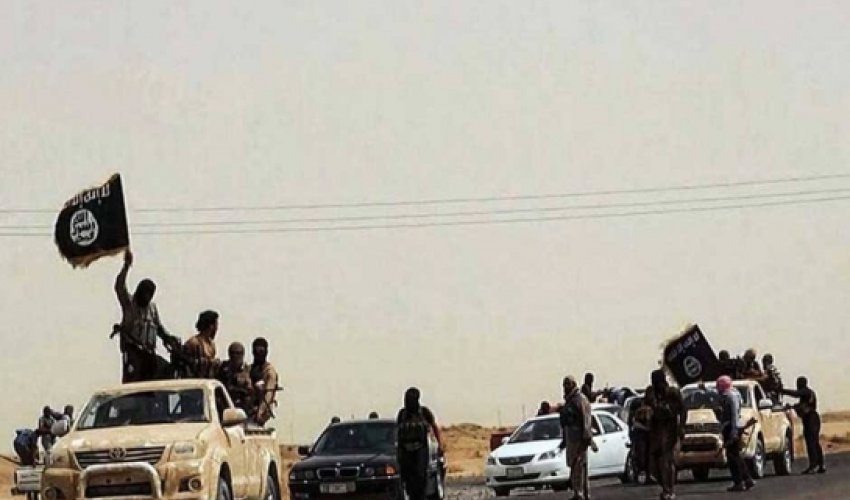
But as LSE Professor Fawaz Gerges, a specialist in Middle Eastern politics, told i100, only four really matter in the fight against the Sunni terror group: Saudi Arabia, Jordan, Turkey and the United Arab Emirates.Saudi Arabia, which is a Sunni state, has already agreed to host a base to be used for training Syrian opposition fighters, while Turkey has said it will not allow America to use its major base at Incirlik to launch air strikes. Separately Jordan has a connection with Sunni tribes in Syria and Iraq while the United Arab Emirates has financial clout.The Americans recognise that the most effective means to degrade and dismantle and ultimately defeat the so-called Islamic State is to build a Sunni dominated coalition of regional powers who basically have the weight and the legitimacy to convince Sunni communities in Iraq and Syria to keep their distance from Isis or stand up and take on Isis themselves.Isis currently holds 49 Turkish hostages which officials have pointed to as part of Ankara’s reluctance to take an active military role in the conflict. Out of 10 countries in the Middle East that pledged to support the fight against Isis in a meeting in Jeddah, Saudi Arabia, Turkey notably did not sign, although Turkish officials were at the meeting.As well as seeking the support of key Sunni states that many would see as strange bedfellows with the United States, Patrick Cockburn reports on the “un-coalition of the willing”, those ready to fight Isis in Iraq and Syria who the US may not wish to formally ally themselves with. That includes Shia militias, many of whom are led and advised by the Iranian Revolutionary Guard officers, as well as covert cooperation with Syria’s President Bashar al-Assad.Iran is crucial for the defence of the Baghdad government. [US secretary of state John] Kerry knows this but was grandly declaring at the weekend that Iran could not join his anti-Isis coalition.The US will also depend on help from the PYD, the Syrian Kurdish group still regarded as a terrorist organisation by America and Europe, and could also receive support from Lebabnon’s Hezbollah, another terrorist organisation.Hezbollah of Lebanon have also been central in battling the Jihadis. If [Barack] Obama and David Cameron are serious about acquiring local partners to stop Isis then they must look to the members of “un-coalition” who will do most of the fighting. It is not going to be easy.Professor Gerges explains that one reason why America would not want to actively ally itself against Iran is because they would likely help in the fight against Isis “regardless” and that any formal partnership with Shia-dominated Iran risked alienating Saudi Arabia. “Why would we bring Iran in and undermine the regional coalition, since Iran is going to do what it is going to do anyway?,” he told i100.(independent.co.uk)Bakudaily.Az
























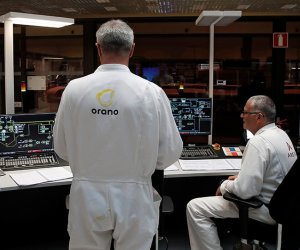
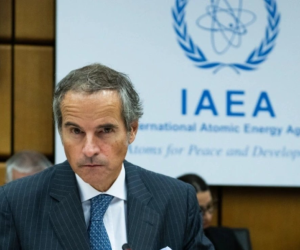
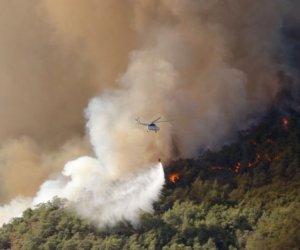
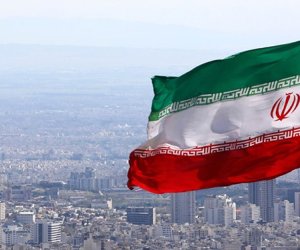


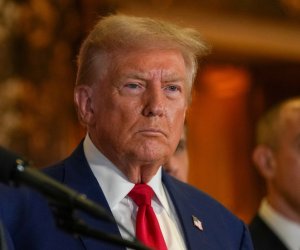
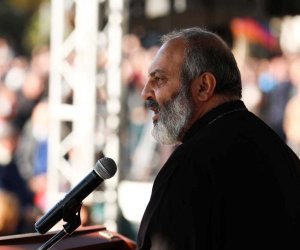
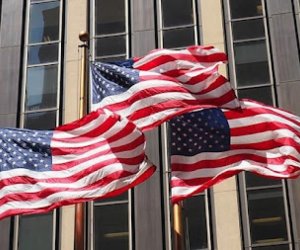



 Photo
Photo 



 Video
Video 

